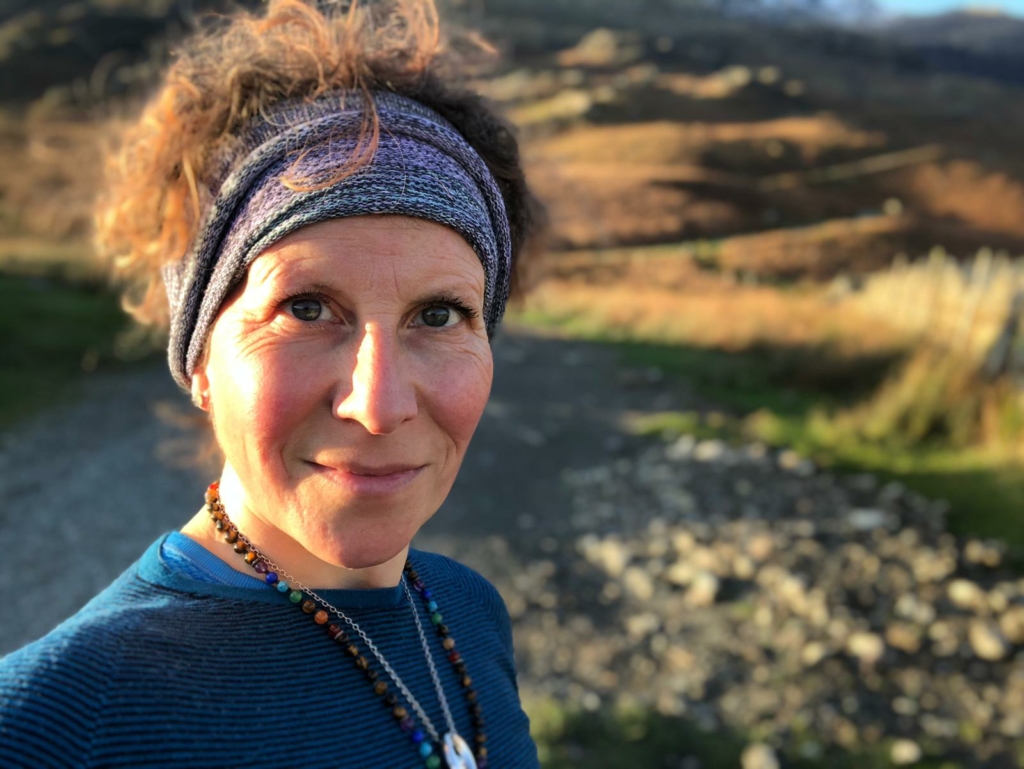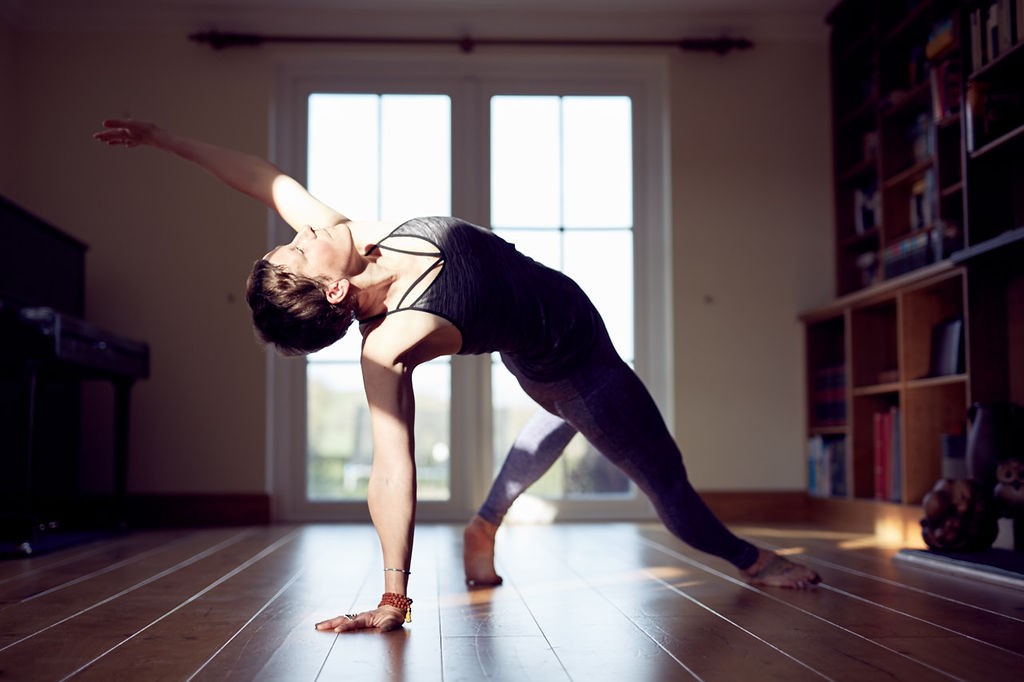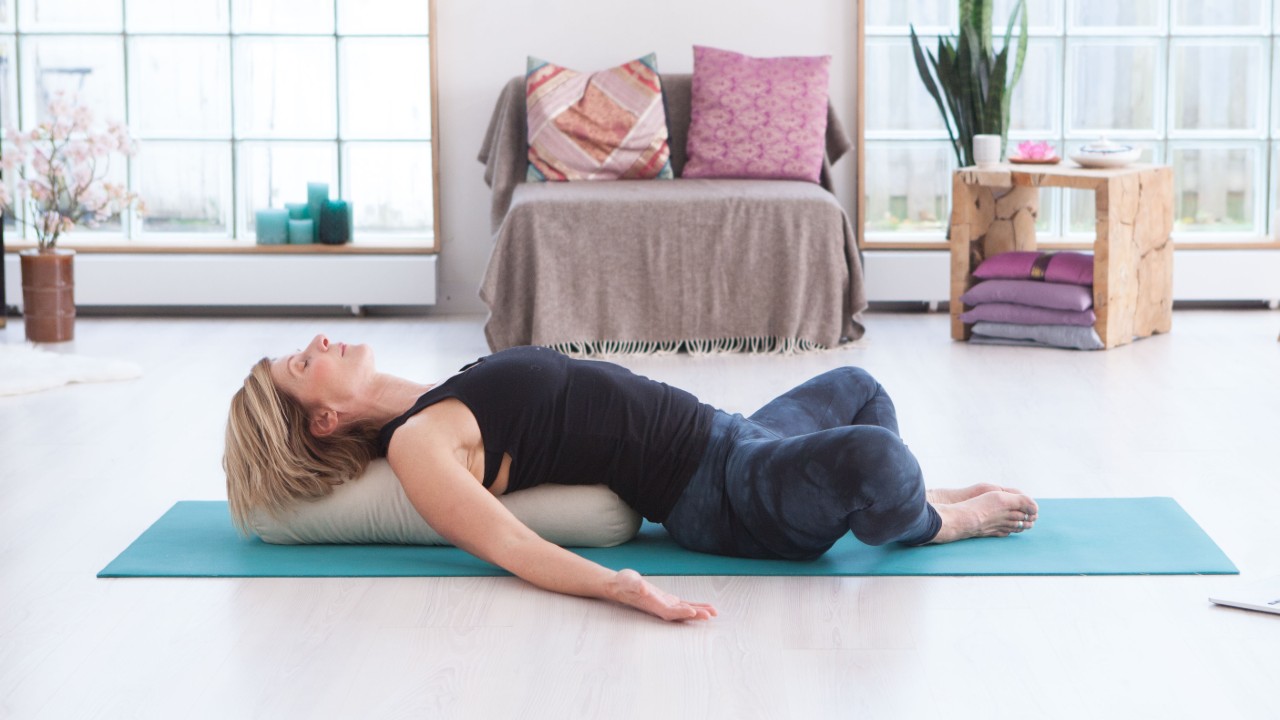The mysterious menopause
When I began to experience menopause symptoms in my mid-40s, I genuinely didn’t connect how I was feeling, physically, mentally and emotionally to reaching this phase of my life. And I don’t think I’m alone. The menopause is shrouded in a lot of mystery – yet most women will experience it. I’d like to shed some light on what the menopause is and how you might recognise its onset. I’d also like to share some self-care practices for the menopause that I found helpful during this stage of my life in the hope they will support you too.
What is the menopause?
The majority of women experience a natural menopause when their periods finish, usually around the age of 51 years old. As women approach the menopause, they release fewer eggs and produce fewer hormones until the ovaries finally stop working and periods stop altogether.
Some women move through the menopause with hardly any or even no symptoms. However, about 80% of women will experience symptoms for some time before and after their periods stop. These symptoms are caused by fluctuating and reduced levels of oestrogen.
The time leading up to your last period is referred to as ‘perimenopause’. Menopause ‘officially’ begins when you’ve not menstruated for 12 consecutive months and post-menopause is the time thereafter. Some women naturally start the menopause early (before they’re 45 years old) or prematurely – before they’re 40 years old. Some women have an induced menopause due to medical treatment.
Symptoms of the menopause
There’s a list of around 30 common symptoms but no woman will experience exactly the same symptoms as another. They also vary in their intensity. Symptoms are often split into the following categories:
- Physical – vaginal dryness, osteoporosis, incontinence, itchy skin, sleep disorders, irregular periods
- Psychological – mood swings, fatigue, anxiety, memory lapses, loss of libido, depression
- Digestive – bloating, digestive problems
- Vasomotor – night sweats, hot flashes, change in body odour
- Oral – dry mouth, burning tongue, gum problems
- Nervous system – electric shock sensations, tingling extremities
I noticed that for about a week or so leading up to and during my period, I withdrew and had less enthusiasm for life. I felt tearful, had less patience, was quick to anger and felt less affectionate towards my family. Having practiced yoga and taught yoga for many years, I try to live with holistic wellness and wellbeing in mind. I felt like I always had a pretty good idea as to how best to serve myself. Yet despite that, I found it hard to battle those emotional demons on my own.
Open and honest communication
The menopause is a natural transition of life and I feel strongly that it should be okay to be able to talk about it openly. I decided fairly early on to talk openly about what was happening to me – with my husband, close friends and even my then 18 year old son! Being open about what I was experiencing (fatigue, change in my periods, loss of libido, night sweats, incontinence) helped me to analyse it as a whole. I began to do more reading and research on the topic, which led me to realise that it was likely I was experiencing the onset of menopause.
Many women who experience these fluctuating emotions are diagnosed as suffering from depression and prescribed antidepressants. In fact, it’s the hormonal changes – specifically the imbalance of hormones – during menopause which causes their ‘depression’. I noticed that the fluctuations in my mood coincided with the onset of my periods. Then I started having night sweats, which is a classic menopause symptom. I think I’d been showing more obvious signs of peri-menopause for around 6 months. Once I had personally acknowledged what I thought was going on, then I sought medical advice.
And what a relief! My doctor was brilliant. It turned out that she was in peri-menopause too, and was able to listen and offer advice without being pushy. It helped that she had received specialist menopause training and we could discuss all the choices available to me. Once I started taking HRT (which I appreciate isn’t for everyone), the improvement was almost immediate.
Self-care practices for menopause
I have a strong appreciation and respect for Eastern traditions as well as Western medicine. HRT won’t be right for everyone, but I’ve found a happy balance between a holistic way of living and modern science. To further support me, I made a few more tweaks to my overall approach to self-love and self-care practices, which included:
- Increasing my cardio and strength-based training and exercise to support muscle and bone health. (Muscle loss and osteoporosis are significant concerns for women as they move through menopause).
- Starting my own Menopause Yoga classes. This provides a safe and sacred space for women to meet, move, breathe, rest, meditate.
- Continuing to talk about these issues, not just to friends and family but to anyone interested – including male friends and family. I also run a Facebook group for women to share their own experiences. It helps to break down the taboo nature surrounding the menopause and brings us closer together.
- Including my thoughts and feelings, symptoms, triggers, intentions towards my menopause in my daily journal. It helps release frustrations and worries and sets me up for a good night’s sleep.
- Eating more mindfully, which also helps with my digestion.
- Making more time for breath breaks at various points during the day. Tapping into the parasympathetic nervous system soothes and calms the body and mind.
- Wearing light, cotton pyjamas to bed and keeping the bedroom cool at night.
How yoga helps
I have learned to listen to my body more closely and move more intuitively, according to my needs. Over the last couple of years Julie Martin’s classes have resonated especially well with me. They are energising and joyful, and allow for space for intuitive movement and reflection.
Essentially, my yoga practice helps me to listen to my body more closely and choose a practice that helps me to re-balance when things feel out of sync. If I’m feeling a little anxious, then I need a practice which doesn’t force me to be too still, too quickly. So I choose something that resonates with my ‘airy’, Vata nature and slowly grounds me. When I’m feeling sluggish (a little more ‘Kapha’ let’s say), then I’ll choose a more energising practice to uplift and reignite me. When I’ve done too much and feeling burned (more ‘Pitta’) then I tend to gravitate toward more Yin-like practices.
Yoga for Menopause program on EkhartYoga
16 yoga classes to support you during perimenopause and menopause.
Every woman’s experience of menopause will be different, and for some, it can be a frustrating, lonely and challenging time. I truly believe that by communicating more openly and honestly about the subject, it will make it easier for women, and their loved ones, to reach out for support – whether it be medical, emotional or physical – and realise that they – you – are far from alone.
If you have any self-care tips you’d like to share, please do so in the comments section below,
Love,
Lou x
About the author

Following a career as a primary school teacher, Lou took her adult and children’s yoga teacher training early in 2019. Lou is now qualified to teach pre / postnatal yoga and more recently, undertook her Menopause Yoga teacher training. She is passionate about yoga being an inclusive practice for all and highlighting the importance of a holistic approach to the menopause.


